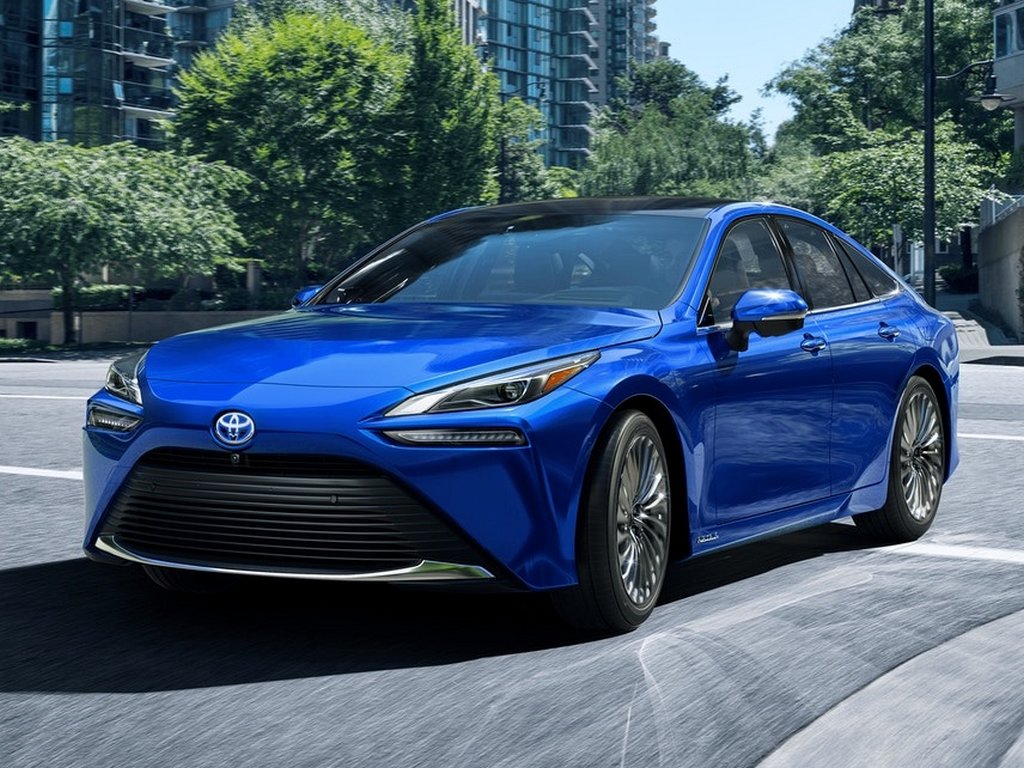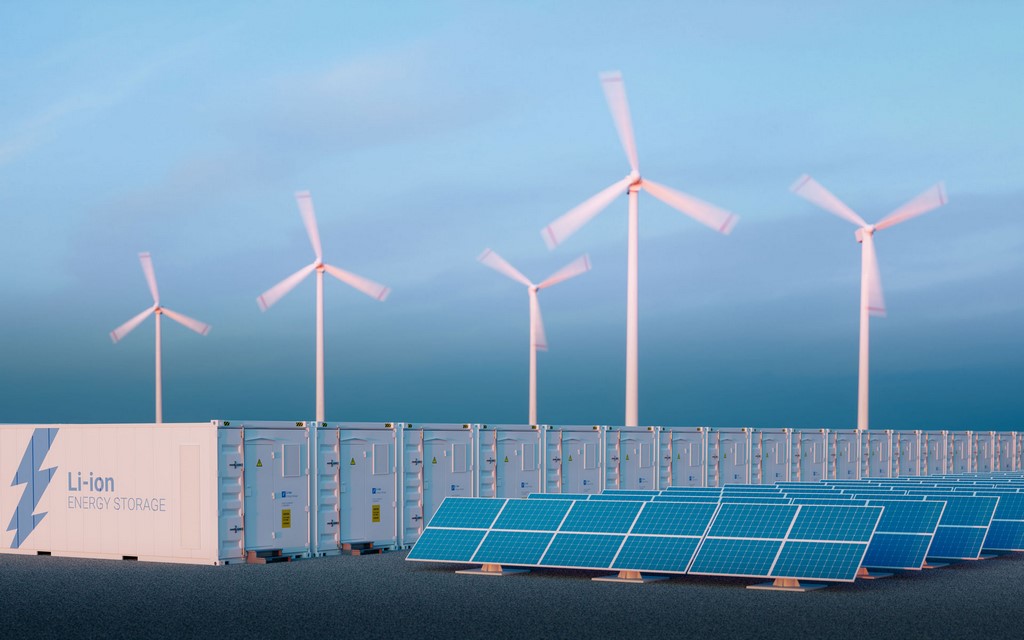
Reliance will build a total of 4 gigafactory facilities here in the near future
Reliance Industries plans to set up a gigafactory each for batteries, fuel cells, photovoltaic cells and hydrogen at an investment of Rs. 60,000 crores over the next 3 years.
Chairman and MD of Reliance Industries, Mukesh Ambani, announced the above on Thursday while addressing the company’s 44th annual general meeting.
He added that a further Rs. 15,000 crores would be spent on future technologies, value chain and partnerships, taking the total investment in the planned new energy ecosystem to Rs. 75,000 crores.
According to Mukesh Ambani, the each Reliance gigafactory will work to manufacture and integrate all critical components of new energy ecosystem.
“We have started work on developing the Dhirubhai Ambani Green Energy Giga Complex on 5000 acres in Jamnagar,” the Reliance chairman said, adding that it will be amongst the “largest renewable energy manufacturing facilities in the world.”

As part of the plan, Reliance will set up 100 GW of solar power generating capacity and the solar photovoltaic gigafactory be used to make high efficiency solar cells.
The Reliance gigafactory for batteries, named ‘Advanced Energy Storage Giga Factory’ will be exploring new electro-chemical technologies and will be used to produce cells for energy storage and grid connectivity.
Whereas the Reliance fuel cell gigafactory will produce fuel cell engines to be used for powering automobiles and in stationary applications like providing power for telecom towers and as emergency generators.
The fourth Reliance gigafactory is the electrolyser factory which will manufacture modular electrolysers for captive production of hydrogen.
Mukesh Ambani had last year stated that the age of fossil fuels cannot continue much longer and announced a 15-year commitment to become net carbon zero by 2035.




